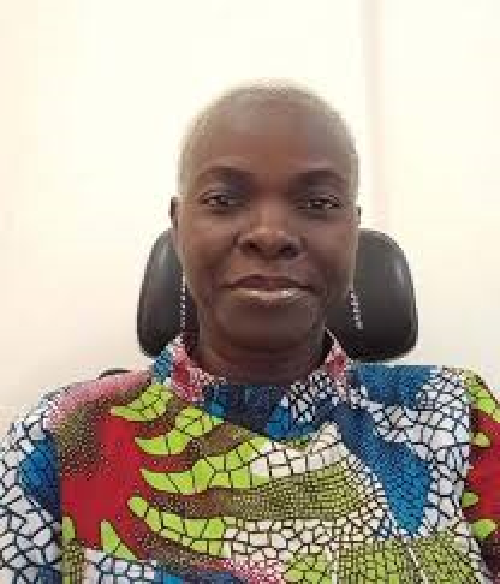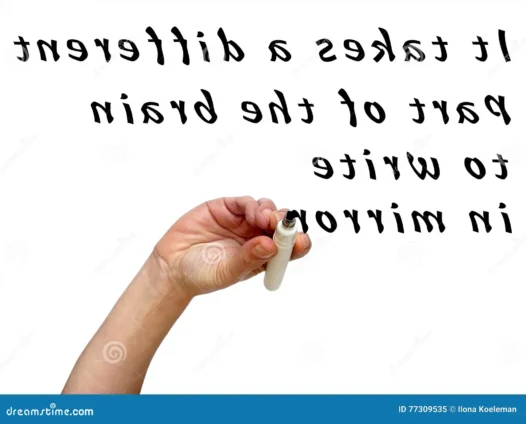This is my second time writing an op-ed about mis/disinformation. The first time, my argument was for media and information literacy. My measured position then was that it was not sufficient to make the sharing of fake news and mis/disinformation punishable by law to deter people from spreading such content; it was equally important to let information and media users and consumers know the attributes of dis/misinformation and how exactly they can verify the authenticity of information and/or news.
Since then, I have seen and even been involved in several initiatives aimed at raising consumer and information user awareness of the importance of fact-checking and verification.
Elections and mis/disinformation
We are in what has been called an election year, with over half of the world's population casting ballots to choose new leaders. Among the countries in Africa that have already elected their political leaders are Nigeria, Senegal, South Africa, and Rwanda.
Some other countries in Africa yet to have theirs are Algeria, Tunisia, Mozambique, Chad, Somaliland Namibia, Guinea Bissau, and Mauritius. Ghana is scheduled to hold elections in December, and we are already seeing a euphoria of election campaigns hitting communities.
Elections are one of the key drivers of dis/misinformation, and a lot of evidence abounds for that. Voter sway is often attributed to widespread deepfakes and false information.
Indeed, the World Economic Forum (WEF) has indicated that false information and dis/misinformation will be the greatest worldwide threats over the next two years. According to its Global Risks Report 2024, a growing mistrust of the media and governments as sources of information will deepen polarized views. This, the report says, will create a vicious cycle that may lead to civil unrest and possibly conflicts.
The media occasionally gets things wrong
Think about why there is a growing mistrust in governments. And why is the public's trust in the media, which is meant to be a reliable source of information, declining?
Undoubtedly, a multitude of variables contribute to this rising mistrust. The most prominent is the media's own failings, including times when it has assisted in the dissemination of false information.
It was not too long ago that the public witnessed how the Ghanaian media, including the ones touted to be credible, misled them about a Guinness World Record title. For those who might not be familiar with the story, allow me to give you some background.
We woke up one morning with social media platforms awash with promotional materials of one Chef Smith who claimed to have received the nod from the Guinness World Records to start competing in the longest cooking marathon (cook-a-thon). His goal was to set a target record of 360 hours, which would make it difficult for anyone to surpass the previous record.
Ghanaians' support for this "ambitious chef" was not as strong as it could have been in the not-too-distant past. Yet, a few media outlets and other interested parties maintained a watch on him and provided us with updates during the record attempt.
The farce of a verdict and press conference
The public awaited the formal declaration of the outcome once he completed the endeavour. Feeling let down by the failure of the other previous attempts at a Guinness World Record – one for the category he competed in (cooking) and the other for the longest singing marathon, which received massive public support – Ghanaians hoped that Chef Smith’s “new record” would be their “compensation”.
In the process of time, we received information that our latest cook-a-thon contender would officially announce the verdict he had received from Guinness World Records. Ears, eyes, and perhaps, hearts eagerly waited in anticipation.
The cameras of nearly all media houses in the capital found their way to the official announcement event. Those who couldn’t go monitored the event online. Yes, it was a win! The first ever for a Ghanaian, at least, in recent times! The media made noise about it. Everyone was glad, but only for a brief while. The reason? It was a sham! An utter deception – the cooking, maybe the food, the win, everything!
It took a citizen journalist-cum-“social media influencer”, as I would later learn, to do some fact-checking and verification to take the public, and even the media, out of a pitch-dark deception carefully curated and executed.
Rather unfortunately, the media ran with the narrative that was carefully planned and executed by an individual with motives that even some of his team members were unaware of. Regrettably, the media threw fact-checking to the wind. They just took someone's claim and raced with it to the press. They forgot about the essence of journalism which is repeated daily in journalism lecture rooms.
Indeed, they had a sneaking suspicion that this day would arrive when Bill Kovach and Tom Rosenstiel wrote in their book, The Elements of Journalism, that "the discipline of verification is what separates journalism from entertainment, propaganda, fiction, or art."
Mis/disinformation and their enterprises are everywhere
Sometimes, when we talk of disinformation we tend to think the generation of such is more dominant elsewhere but no, there are real disinformation farms with diverse motives and modus-operandi operating in Africa, and Ghana is no exception. There are now enterprises that prey on individuals' naivety and biases to perpetuate disinformation while they benefit financially, and sometimes politically, from it.
In an election year, a lot of false rumours and disinformation regarding the electoral processes abound. This often thrives particularly when there is a lack of information on electoral processes from election management bodies.
People with diabolic and partisan motives take advantage of this quest for accurate and genuine information to plant seeds of deception which tend to be aligned with pre-existing biases.
The lack of reliable alternatives makes such information easily believed. That is why election management bodies must provide timely and accurate information to stem mis/disinformation filling the vacuum.
Further, many actors with vested interests also deploy or disseminate targeted messages with the intention of misleading voters.
Regretfully, we live in a world that is highly politicised and the media is almost as polarized in many parts of Africa. Because of this, the media's primary source is usually always a politician who shapes the stories they tell us based on their political inclinations.
The media is also replete with the culture of talking to two sides who almost always give us skewed narratives. Sometimes, the media exacerbates this by neglecting to carry out independent, rigorous fact-checking and verification. They simply go with the polarised narratives, pitching the two sides against each other.
Mindfulness
As voters, it is important to be aware that mis/disinformation has become endemic. If you truly want to make a well-thought-through electoral decision this year, get out of the echo chamber, and expose yourself to different views and not only the ones that feed your biases. Don’t be in a hurry to believe any and everything, even from the political party dear to your heart. Look for alternative views and make a good judgment. Challenge your biases!!!
Additionally, don’t be in a haste to push information to people without verifying the facts. Mis/disinformation thrives on the rapid spread of unchecked content, so taking a moment to verify facts can help curb its influence. When unsure of the accuracy of the information, DO NOT SHARE IT.

Latest Stories
-
Bawumia joins thousands in Kumasi for burial prayers for Ashanti Regional Imam
1 hour -
Blue Gold Bogoso Prestea Limited challenges government actions in court
2 hours -
Patrick Atangana Fouda: ‘A hero of the fight against HIV leaves us’
2 hours -
Trinity Oil MD Gabriel Kumi elected Board Chairman of Chamber of Oil Marketing Companies
3 hours -
ORAL campaign key to NDC’s election victory – North America Dema Naa
3 hours -
US Supreme Court to hear TikTok challenge to potential ban
3 hours -
Amazon faces US strike threat ahead of Christmas
4 hours -
Jaguar Land Rover electric car whistleblower sacked
4 hours -
US makes third interest rate cut despite inflation risk
4 hours -
Fish processors call for intervention against illegal trawling activities
4 hours -
Ghana will take time to recover – Akorfa Edjeani
5 hours -
Boakye Agyarko urges reforms to revitalise NPP after election defeat
5 hours -
Finance Minister skips mini-budget presentation for third time
5 hours -
‘ORAL’ team to work gratis – Ablakwa
5 hours -
Affirmative Action Coalition condemns lack of gender quotas in Transition, anti-corruption teams
5 hours

